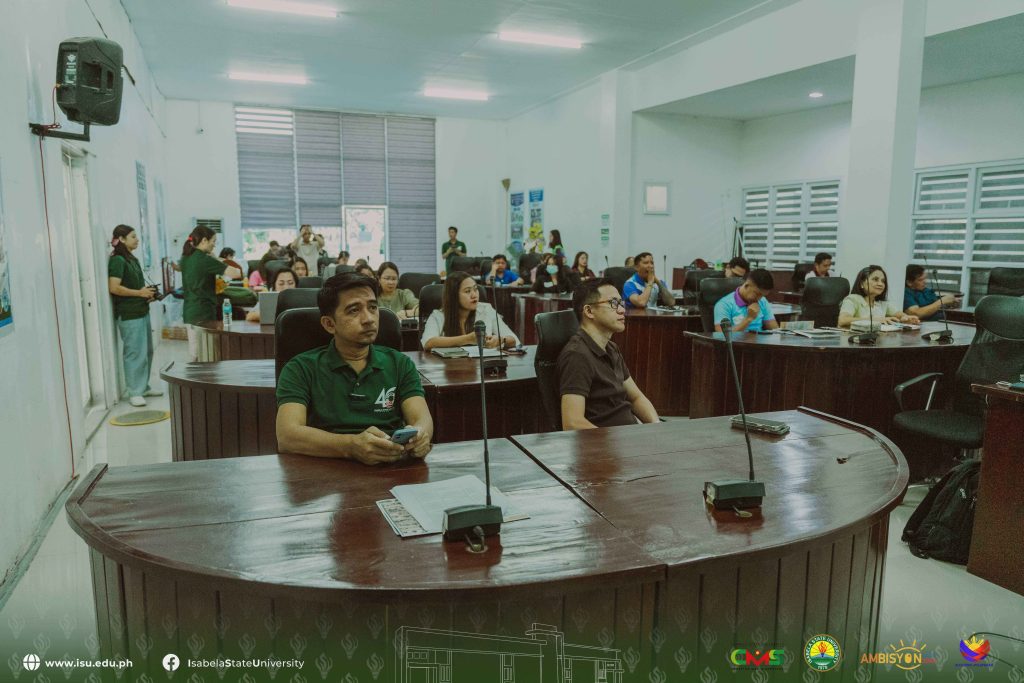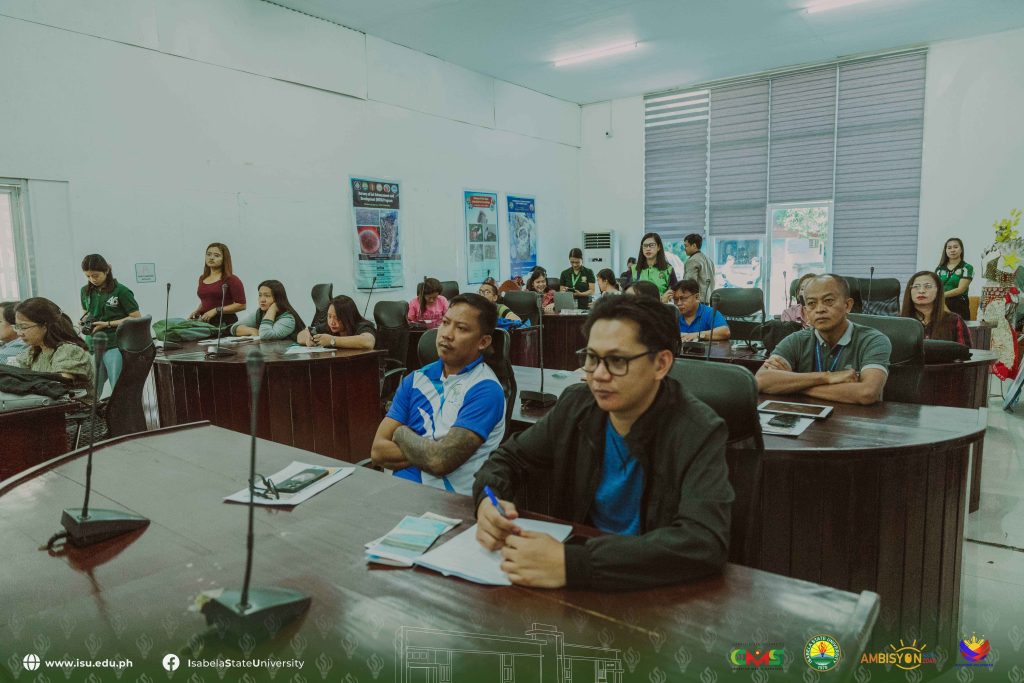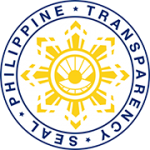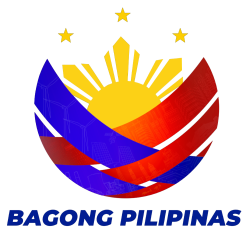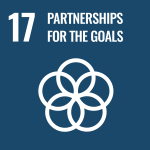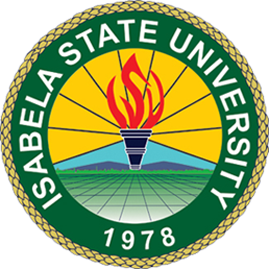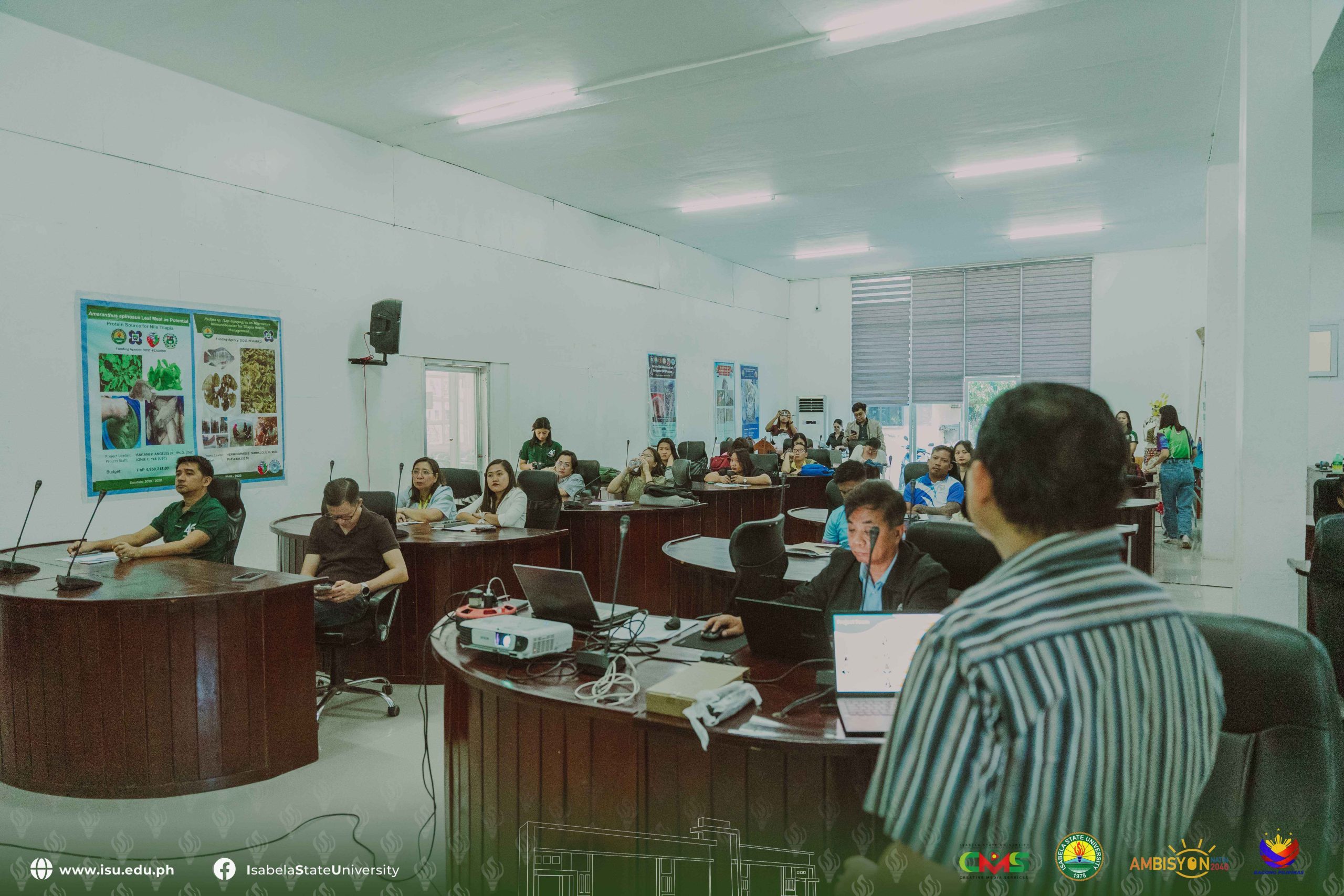
Isabela State University (ISU) co-organized a Research, Development, and Extension (RDE) Agenda Workshop on August 16, 2024 held at the Cagayan Valley Freshwater Fisheries Center located at the ISU Echague Campus.
The said workshop is in collaboration with the German Agency for International Cooperation (GIZ), UPLB Interdisciplinary Studies Center on Integrated Natural Resources and Environment Management (UPLB-INREM), different agencies within the Department of Agriculture (DA), and other partner institutions.
With the foregoing and recognized need to address the challenges and threats of climate change to agriculture and fisheries productivity and livelihood, the workshop aims to formulate the Climate Change Research, Development, and Extension (RDE) Agenda for Agriculture and Fisheries for 2025 to 2030.
The RDE Agenda that will be formulated will be consistent with the DA-Systems Wide Climate Change Program (DA-SWCCP) which are anchored on two pillars: adaptation and mitigation, specific to the local context and aligned to the overall Cagayan Valley Regional RDE agenda to ensure sustainable management of agriculture and fishery resources considering the threat and impact of climate change.
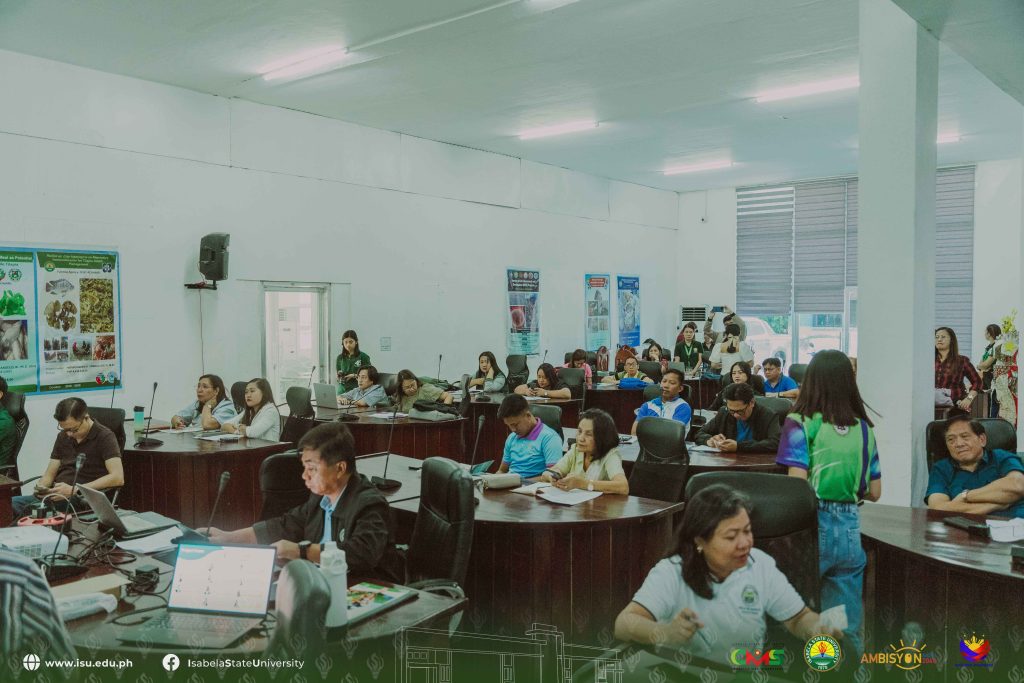
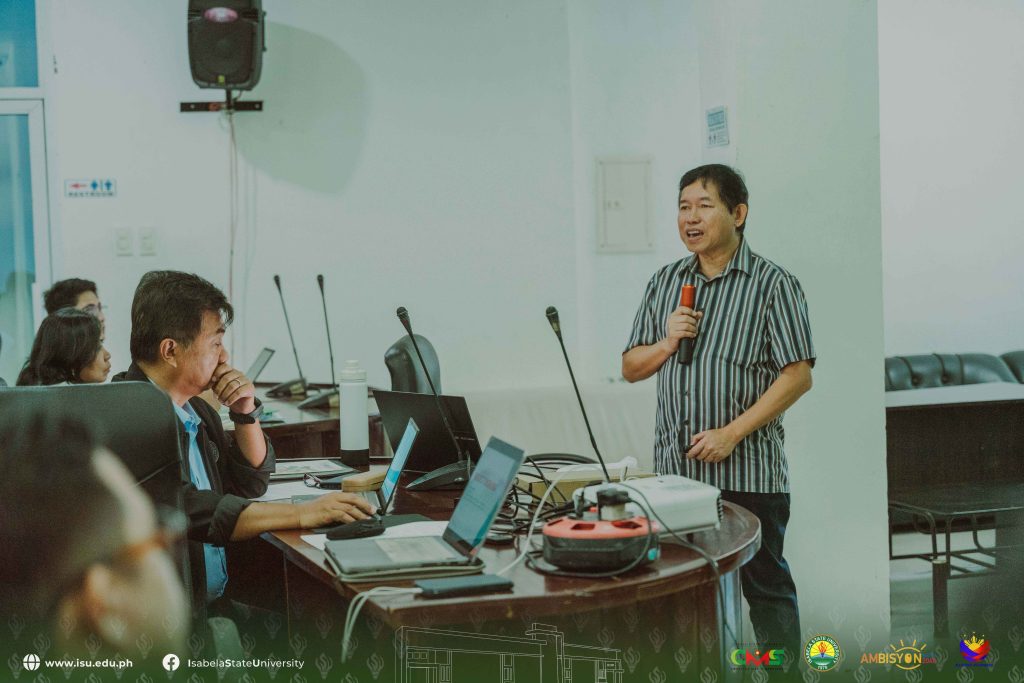
In addition, the RDE Agenda that will be developed targets to: identify issues, problems and RDE gaps on climate change adaptation and mitigation; craft RDE plans and programs aligned to UN-SDG, National and Regional RDE framework; and determine institutional mechanism, partnership pathways and collaboration framework for effective implementation of RDE programs and plans.
During the opening program of the workshop, Dr. Orlando F. Balderama (Vice President, Research and Development, Extension, and Training) shared the initiatives and programs of the University in response to climate change.
After the setting of objectives, expectations, and mechanics of the workshop, the participants were divided into three (3) groups to craft RDE plans related to the crops, livestock and poultry, and fisheries (specifically on aquaculture and capture fisheries) sector.
These sectors (which are also identified as researchable areas) are in line with the DA’s initiative of mainstreaming climate change in its plans and programs towards the attainment of a climate-resilient crop, livestock, and fisheries sector.
